Nomadic Nest in its intended environment.
Nomadic furniture
Nomadic Nest is a modular sofa designed for students and young adults who move frequently. The project addresses a key issue in today’s furniture industry: most furniture is ill-suited for a mobile lifestyle, making everyday living impractical while fueling linear and unsustainable consumption. With a focus on sustainability, Nomadic Nest offers a flexible, long-lasting alternative to disposable furniture. It is easy to transport, adapt, and maintain - enabling users to create a sense of home, even in temporary spaces. By encouraging repairability and reconfiguration, the design supports a circular approach to furniture consumption. The project also highlights the importance of emotional connection to the objects in our homes. By fostering care and attachment, the design aims to support longer lifecycles.
Project information
Globalization and technological development have contributed to young adults moving more frequently than before, which affects their consumption patterns - especially when it comes to furniture. Many live in temporary housing, have limited budgets, and are often forced to choose cheap, short-lived options, despite a clear desire to make sustainable choices.
In Sweden, around 170,000 tons of furniture are discarded each year, often as a result of “fast furniture” - mass-produced items with low quality and short lifespans. This leads to issues similar to those caused by fast fashion, including resource waste, overproduction, and ethical challenges in the supply chain.
Statistics show that 45% of people aged 25–34 have moved within the past two years, driven by factors such as studies, job opportunities, or remote work. This mobility makes it difficult to invest in furniture that lasts and feels meaningful over time. Research from Delft University of Technology shows that a strong emotional connection to furniture can increase its lifespan - the more memories and relationships we build with a product, the more likely we are to keep, care for, and repair it.
Methods
To understand key challenges and needs, I conducted research and user studies, including surveys and in-depth interviews. This helped me map out common living situations, the emotional and practical struggles of moving frequently, and the strategies people use to manage them.
Based on these insights, I identified user needs and design opportunities, developed concepts, and iteratively refined them in dialogue with users and experts in design and sustainability. I also collaborated with Minus and worked hands-on with prototyping and co-creative workshops together with users, allowing me to test ideas and explore emotional, functional, and circular qualities in practice.
Result
The result is Nomadic Nest – a modular sofa designed to be easy to transport, adapt, and maintain. It promotes a long-term, sustainable alternative to disposable furniture and supports a sense of home within temporary living situations. The design also aligns with the EU’s goals for a circular future.
In collaboration with:

UID25 | Alma Bülow Bengtsson – Grad project presentation
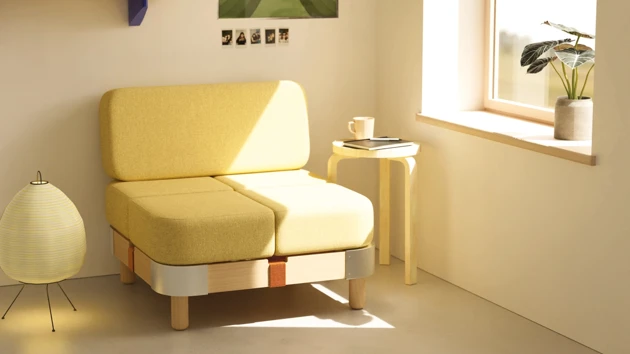
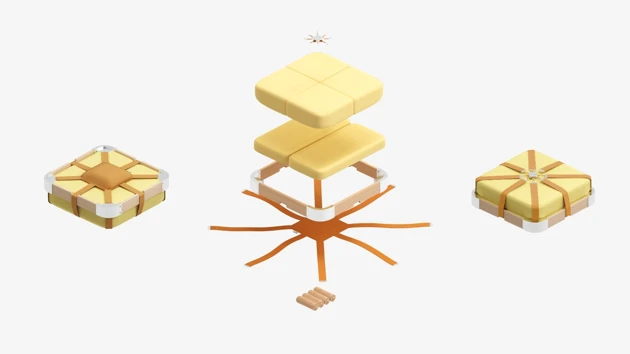
Easily packed together for convenient moving.
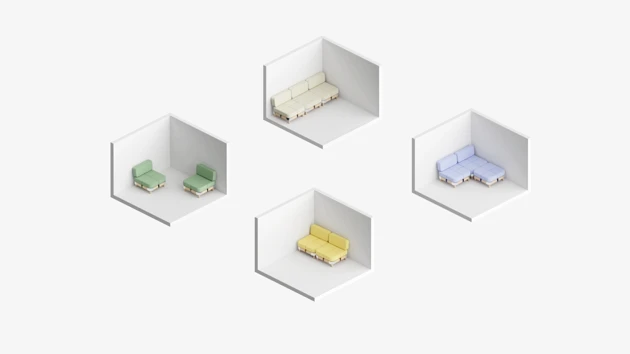
Modular design – adapts to various spaces.

View from the back.
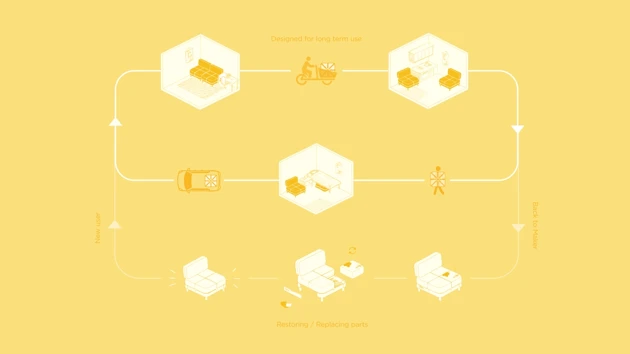
Scenario illustrating long-term use and circular design principles.

Informational trifold brochure.

Color variations to support personal expression and emotional connection.
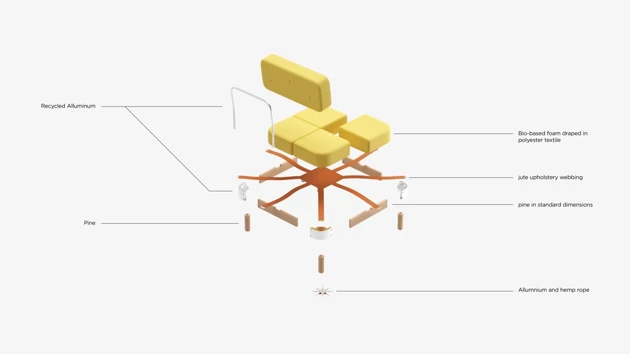
Material selection and separable components for easy replacement, upgrading, or repair.
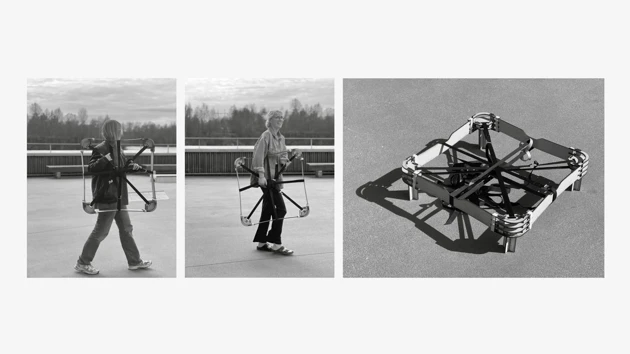
Prototype in testing.
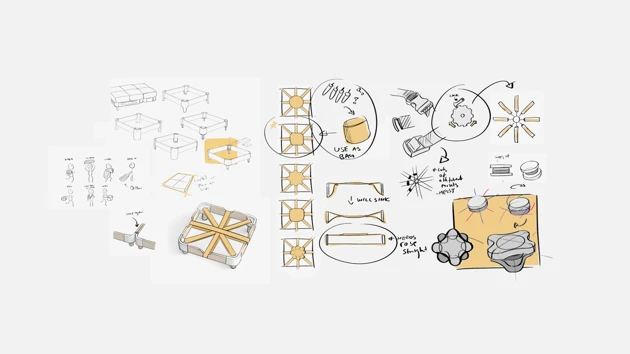
Ideation sketches.












